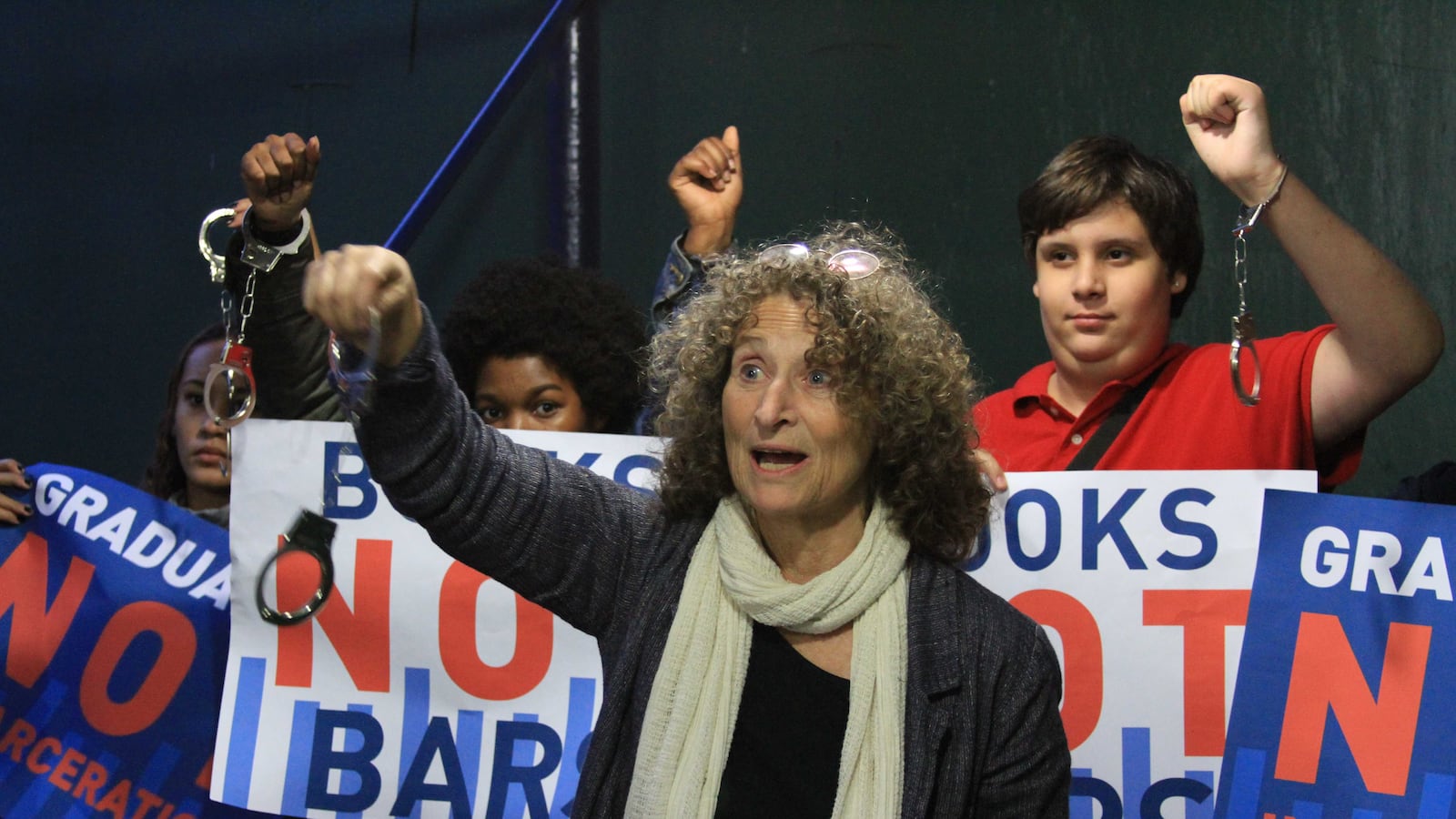Suspensions of city students held steady last school year, ending a two-year streak of declining numbers, according to new data from the Department of Education.
The city issued 53,504 suspensions over the 2013-14 school year, a number virtually identical to the number of suspensions it handed out the year before, though suspensions given between January and June dropped nearly 12 percent. The data reveal familiar disparities, and are likely to continue to stoke the debate about how the city should continue editing its discipline policies in light of Chancellor Carmen Fariña’s commitment to reducing suspensions.
In 2013-14, black students accounted for more than 53 percent of suspensions, though they make up just over 26 percent of the city’s students. White students, who account for 15 percent of students, received 6.7 percent of the suspensions.
Students with disabilities were also overrepresented: 36.1 of suspensions were served by special-education students, though only 19 percent of students are classified as having special needs. As suspensions have fallen, the share of suspensions served by students with special needs has increased from 31.4 percent in 2010-11, though the total number of suspensions has decreased over that time.
The declines in suspensions between 2010 and 2013 followed new legislation that requires the city to release suspension numbers and changes to the city’s discipline code, which outlines the city’s school discipline policies and students’ rights. (Those declines, in turn, came after sharp increases at the beginning of the Bloomberg administration.) The code has been revised over the last few years to emphasize alternatives to suspensions and eliminate them all together for smaller infractions.
The code has not yet been revised this year, and advocates have recently stepped up their calls for action. This week, the NYCLU’s executive director Donna Lieberman said the de Blasio administration needed to “stop dragging its feet.”
Department of Education officials say they are still reviewing the discipline code in preparation for additional changes, which Chancellor Fariña said this week are coming “relatively soon.” The city has already offered some schools additional training in restorative justice practices and offered new training to guidance counselors, a spokeswoman said.
“Identifying alternatives that reduce the need for suspensions, while continuing to improve safety in our schools, remains one of my top priorities, and we’re working with our partners – parents, advocates, and educators – to get it done right,” Fariña said in a statement.


